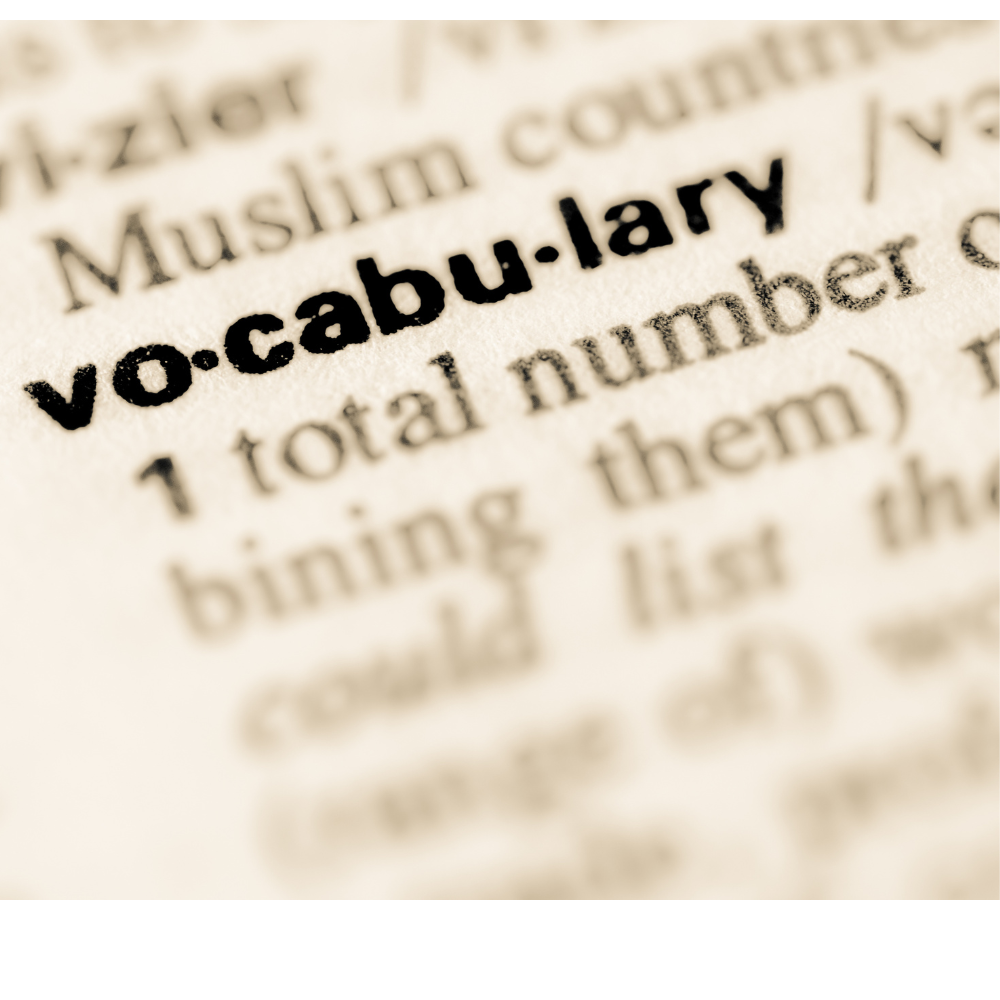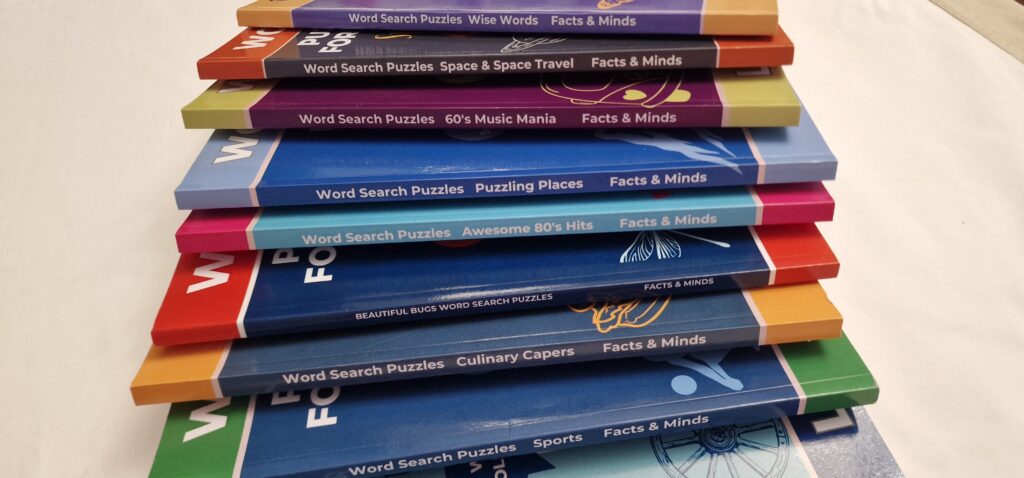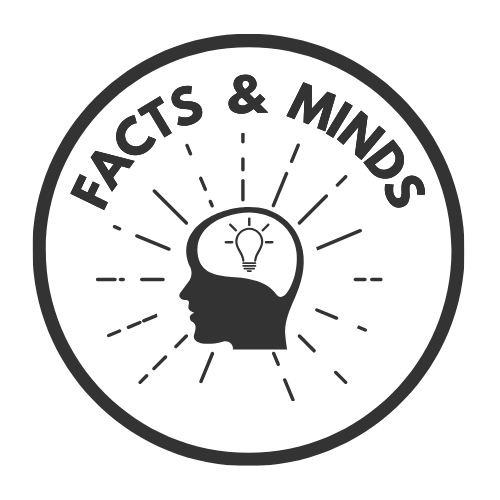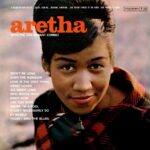
Did you know that the average adult knows between 20,000 to 35,000 words, but actively uses only about 5,000 in daily life? Vocabulary development is a lifelong journey that shapes how effectively we communicate, understand information, and express our thoughts. While traditional reading certainly helps build our word bank, there’s another approach that combines entertainment with education: word search puzzles.
These seemingly simple puzzles offer a surprisingly powerful tool for vocabulary expansion. As your eyes scan for hidden words among random letters, your brain is actively engaging with language in ways that enhance retention and recall. Let’s explore how these entertaining puzzles can transform your relationship with words and boost your language skills.
The Hidden Educational Value of Word Searches
Word search puzzles do more than just pass the time—they expose you to new terminology in an engaging format. As you search for words you might not use every day, your brain catalogs them for future reference. This exposure is especially valuable when puzzles are themed around specific subjects or concepts.
The visual aspect of word searches reinforces correct spelling in a way that passive reading can’t match. When you locate a word by identifying each letter in sequence, you’re cementing the spelling pattern in your memory. This visual reinforcement helps with retention, particularly for tricky or irregular spellings.
Our brains naturally seek patterns, and word searches capitalize on this tendency. The satisfaction that comes from successfully spotting a hidden word creates positive associations with vocabulary learning, making the entire process more enjoyable and effective than rote memorization.

Active Learning Through Puzzles
Reading is valuable for vocabulary building, but it’s ultimately a passive activity. Word searches, on the other hand, require active mental engagement. This shift from passive to active learning significantly improves word retention and recall.
The search process engages multiple cognitive pathways simultaneously. You’re not just seeing the word—you’re actively hunting for it, processing its spelling, and connecting it to its meaning. This multi-faceted engagement creates stronger neural connections associated with each word.
Research consistently shows that focused attention plays a crucial role in learning. Word searches demand this focused attention, creating the perfect conditions for vocabulary to take root in your long-term memory. This concentrated effort pays dividends in better word recognition and application.
Beyond Just Finding Words
Themed word searches build semantic networks in your brain by connecting related terms. A puzzle focused on culinary terms, for instance, not only teaches individual words like “saute” or “braise” but also establishes relationships between cooking concepts.
Specialized puzzles introduce domain-specific terminology you might not encounter in everyday conversation. Whether it’s scientific vocabulary, geographical terms, or historical concepts, these themed searches expand your lexical repertoire in targeted ways.
The vocabulary gained through regular puzzle solving doesn’t stay confined to the page. These words transfer to real-world situations, enhancing both your comprehension when you encounter them elsewhere and your expressive ability when communicating with others.
Benefits for All Ages
Word searches offer different advantages across the lifespan. For children, they provide essential practice with spelling and basic vocabulary building. The visual hunt for words reinforces letter patterns and word recognition skills that form the foundation of reading proficiency.
Teenagers benefit from exposure to academic vocabulary that supports classroom learning. Adults maintain mental sharpness and continue expanding their word knowledge through regular puzzle solving. For seniors, word searches offer valuable cognitive exercise that contributes to brain health and mental acuity.
There’s also a wonderful social dimension to word puzzles. Families and friends can solve them together, discussing unfamiliar words and sharing the satisfaction of discovery. This collaborative approach transforms vocabulary building from a solitary activity into a shared experience.

Introducing Our Word Search Collection
Our collection of 10 themed word search puzzle books offers something for every interest and skill level. From beginner-friendly puzzles to bigger puzzles with common words to more specialized challenging vocabulary, each book provides hours of entertaining brain training.
What makes our collection unique is the careful curation of words around specific themes and knowledge areas. Each puzzle is designed not just to entertain but to meaningfully expand your vocabulary in practical directions.

The range of topics covered—from science and nature to culinary arts and positive messages—ensures you’ll encounter useful terminology that enriches your understanding of the world. As readers progress through different themes, they build an impressive lexical foundation that serves them in academic, professional, and personal contexts.
The Joy of Learning Through Play
Word search puzzles remind us that learning doesn’t have to be tedious. By combining the pleasure of puzzle-solving with the practical benefit of vocabulary expansion, these simple activities deliver impressive cognitive returns on your time investment.
Make word searches part of your regular routine for ongoing vocabulary development. Just 15 minutes a day can significantly enhance your word power, spelling accuracy, and reading comprehension over time.
Ready to boost your vocabulary while having fun? Explore our complete collection of word search puzzle books at Facts and Minds. With options for all ages and interests, you’ll discover the perfect puzzles to expand your word power through play.
Remember—every word you find is another tool in your communication toolkit. Happy searching!



